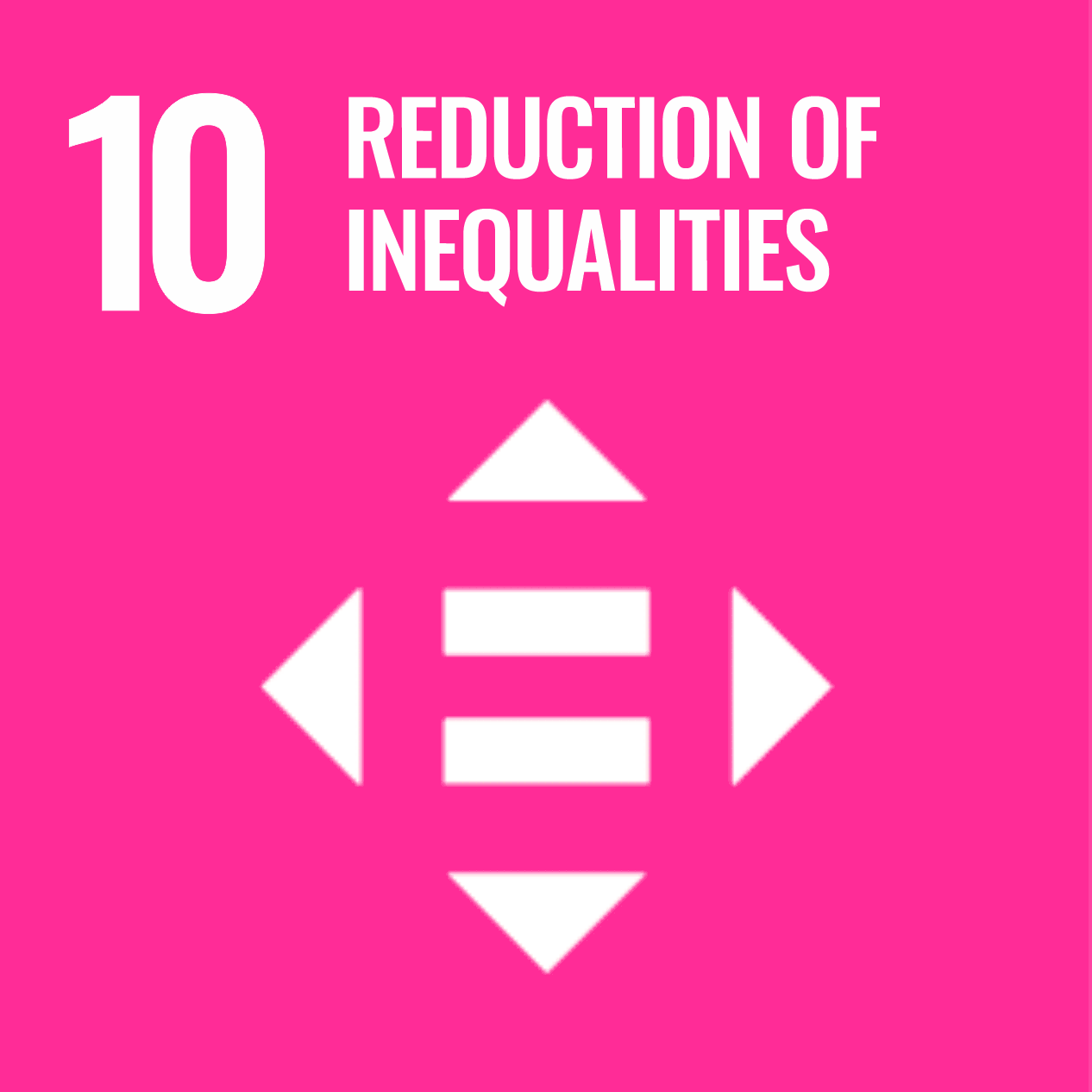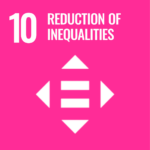ADPF 341
Argument for Failure to Comply with a Fundamental Precept
Reporting Justice: Roberto Barroso
BACKGROUND
In 2014, the Federal Government established more restrictive rules for access to the Student Financing Fund (Fies) and began to apply these rules retroactively to students already enrolled in the program. Thousands of low-income students had their continuity in university courses threatened. There were protests in several cities against the unexpected changes.
LAWSUIT
The firm sponsored a lawsuit to prevent the new criteria from being applied retroactively to those who were already in the program, in view of the fundamental right to education (arts. 6, 205 and 208 of the Constitution), the protection of legal certainty, acquired rights and perfect legal acts (art. 5, XXXVI, of the Constitution).
OUTCOME
The Supreme Court upheld the request in accordance with the principle of legal certainty, stating that students could not be excluded from the financing program on the basis of rules that were not in force at the time they entered the program.
REPERCUSSION

“The lawyer responsible for the petition, Rafael Carneiro, explains that students were harmed by the new rules, because they were created after the Enem and could only apply after March 30, but students who tried to sign a new contract and who did not meet the requirements of the changes were not covered. If it is granted, the practical action of the request is to ensure that students who met the requirements of the old rules and tried to make the contract before March 30 can also get the financing, he explains.”
ADPF 874
Argument for Failure to Comply with a Fundamental Precept
Reporting Justice: Dias Tóffolli
This action also received the following seals:


CONTEXT
In 2020, the abstention rate in the National High School Exam (Enem) was 55.3%, considerably higher than in previous years. Millions of students failed to take the exam amid the Covid-19 pandemic. The health recommendation was that people with symptoms should not attend the exams. Despite this exceptional situation, the Ministry of Education imposed obstacles for students who were absent from the 2020 Enem to apply for exemption from the registration fee for the 2021 exam. One of the requirements was to present a document justifying non-attendance the previous year. Millions of low-income students were harmed by being denied free registration.
LAWSUIT
In the lawsuit sponsored by the firm, we demonstrated that the requirements violated the fundamental right to education (art. 205 of the Constitution) and hindered the reduction of inequalities and eradication of poverty through the democratization of access to universities (art. 3, III, of the Constitution).
OUTCOME
The Supreme Court ordered the reopening of the deadline for applying for exemption from Enem 2021 registration and removed the requirement to justify non-attendance in the previous year. The court considered that the rule created unjustified difficulties for the low-income population to have the opportunity to enter higher education.
REPERCUSSION

The Federal Supreme Court (STF) unanimously decided on Friday (3) to force the government to reopen the deadline for requesting an exemption from the Enem 2021 registration fee and to prohibit those who were absent from the 2020 exam without justification from being denied the gratuity. […] The Justice stated that the suspension of free registration is justifiable, but that it cannot happen this year due to the Covid-19 pandemic.
ADI 6971
Argument for Failure to Comply with a Fundamental Precept
Reporting Justice: Dias Tóffolli
Esta ação também recebeu os seguintes selos:

CONTEXT
The social isolation imposed by the Covid-19 pandemic has deepened inequality in basic education in Brazil. While private school students had access to online teaching resources, public school students struggled to keep up with their studies. In an effort to tackle the problem, the National Congress passed a law in June 2021 that provided for the transfer, in 30 days, of R$3.5 billion to the states and the Federal District for internet access for students and teachers of basic education in the public network. The President vetoed the 30-day deadline for the transfers provided for in the law and Congress overturned the veto. Even so, the Federal Government issued a provisional measure again removing the 30-day deadline for the transfer of funds.
LEGAL SUIT
The firm filed a lawsuit arguing that the federal government’s insistence on not meeting the deadline for the use of the funds made it impossible for public school students to access educational tools during the pandemic, in violation of the fundamental right to education (art. 205 of the Constitution), the principle of equal conditions for access to school (art. 206, I, of the Constitution) and the state’s duty to guarantee compulsory and free basic education (art. 201, I, of the Constitution). The lawsuit also pointed out that the provisional measure circumvented Parliament’s decision that to reject the President’s veto, in violation of the principle of separation of powers (Article 2 of the Constitution), the constitutional rules for overturning presidential vetoes (Article 66, §§ 4 and 5 of the Constitution), and the prohibition on issuing provisional measures on matters already regulated in a bill approved by the National Congress (Article 62, § 1, IV of the Constitution).
RESULT
The case was deemed moot due to the expiration of the provisional measure. Nevertheless, the request contributed to the Supreme Court reaffirming, in an action brought by the Attorney General’s Office, the government’s obligation to make resources available starting from August 5, 2021.
IMPACT

“The difficulty of internet access for students and teachers in public basic education has been a barrier to full access to education for many years, and it remains one of the greatest challenges to the realization of this social right in the digital age,” stated Minister Dias Toffoli.”

